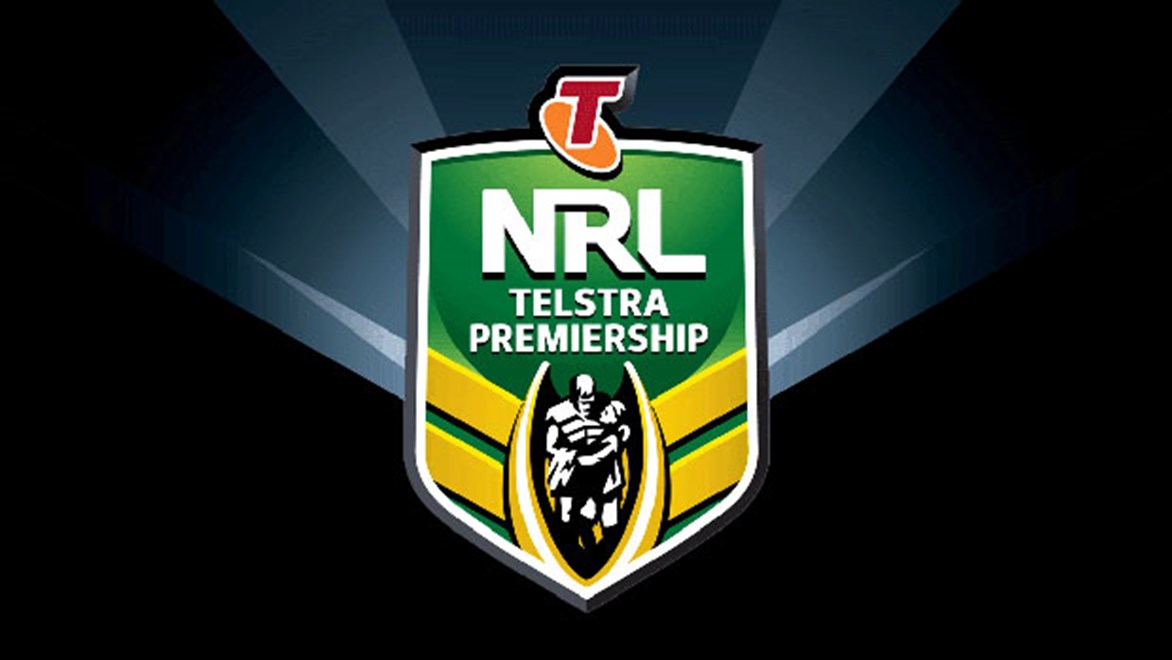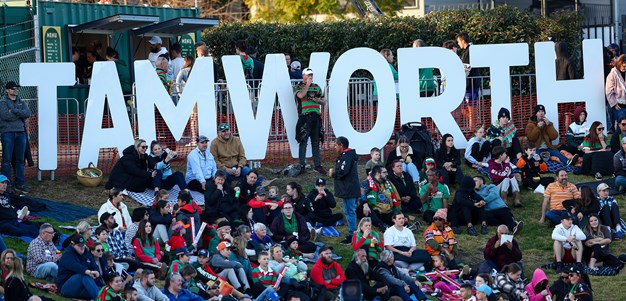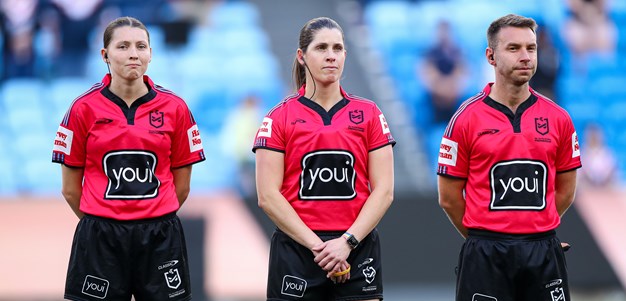

The NRL has strengthened its approach to combating drug use through its continued commitment to independent drug testing programs and player education.
The NRL Integrity Unit established an Illicit and Hazardous Drug Testing Policy in July 2014. This policy operates independently from clubs and is conducted by an independent and fully certified third party provider.
The policy ensures code-wide consistency, as opposed to previous testing programs that were undertaken by each individual club. Under the new policy clubs are not aware of the timing or number of drug tests, as random testing ensures the program's integrity and effectiveness.
Samples are collected in a private and controlled environment by third-party personnel with detailed knowledge of Australian and New Zealand testing standards. Samples are analysed for amphetamines – which includes such drugs as speed, ecstasy and ice – ketamine, cannabis, cocaine, opiates, and synthetic versions of those drugs.
In addition to these, the NRL also analyses samples for prescription drugs.
Players found to be using illicit drugs have immediate access to professional support and treatment to overcome the potential effects on their health.
A first positive test results in the player receiving a suspended fine, and they must undertake a mandatory treatment program. The player is also placed on a monitoring program which involves targeted testing.
Players who record a second contravention will serve a 12-match ban, the prospect of contract termination and further treatment and monitoring. Third time offenders would be referred to the CEO or Chief Operating Officer of the NRL for them to determine an appropriate sanction.
The Illicit and Hazardous Drugs Testing Policy is based on a player welfare model.
Each year, more than 5,000 people across the game are delivered face-to-face education programs on anti-doping, illicit drugs, alcohol, gambling, responsible use of social media, alcohol and respectful relationships.
These programs are delivered to players, staff, referees and most parents of the U16s players and below. This is the minimum education that players must attend, with most clubs delivering additional in-house programs.
This year, the NRL has also introduced compulsory online education programs on the same subjects that must be complete prior to Round 1.
To deliver these programs the NRL uses Welfare and Education staff based at NRL Clubs or the governing bodies, as well as current and former NRL players from every club in an education ambassador capacity.


